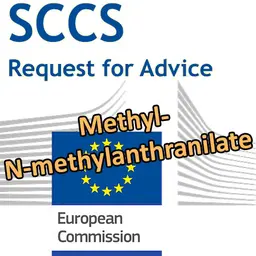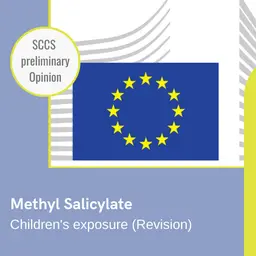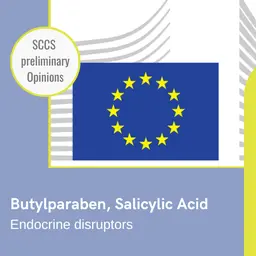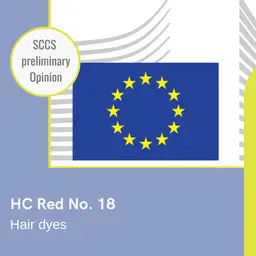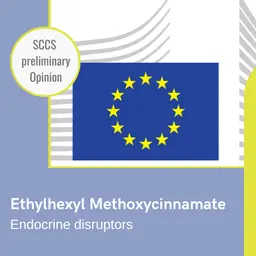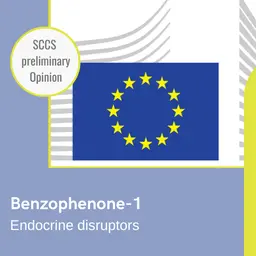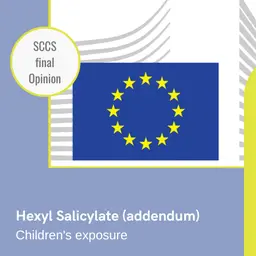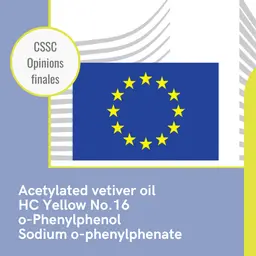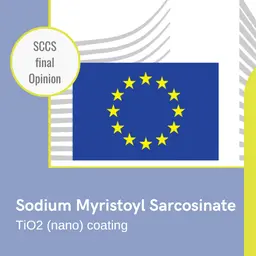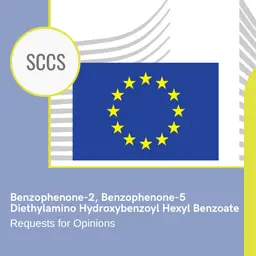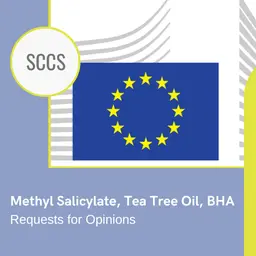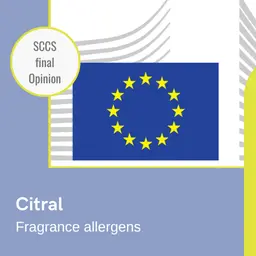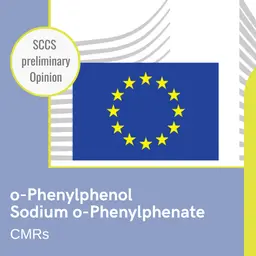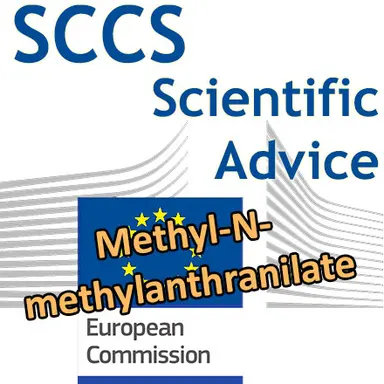
Following the European Commission’s request to shed light on its previous 2011 Opinion on Methyl-N-methylanthranilate, a fragrance component with photosensitizing potential, the Scientific Committee has just published its scientific advice. It was adopted by written procedure on 16 October 2020, directly in its final version, and is not subject to a commenting period.
Background
In 2011, the SCCS (SCCS/1455/11) concluded that there are no safety concerns on the use of methyl-N-methylanthranilate at up to 0.2% in rinse-off products. Nevertheless, the SCCS stated that “Methyl-N-methylanthranilate is phototoxic […] Up to 0.1% methyl-N-methylanthranilate may be safe for use in many leave-on cosmetic products, including deodorants and antiperspirants […] For the use in sunscreen/sun care products or products (including fragrances) intended for use on areas exposed to light (especially face and neck), a risk cannot be excluded.”
The services of the European Commission requested a clarification on this sentence, as to whether it means that the Methyl-N-methylanthranilate should not to be used in sunscreen products and products marketed for exposure to natural/artificial UV light, but is considered safe to be used up to 0.1% for leave on and 0.2% for rinse off products.
For an exhaustive background information, see the article
• Methyl-N-methylanthranilate: Request for the SCCS scientific advice, CosmeticOBS, 22 September 2020
The Scientific advice
We [editor’s note: the Commission’s services] would like to request scientific advice on whether the sentence from the SCCS Opinion (SCCS/1455/11) “…the SCCS considers that for the use in sunscreen/sun care products or products (including fragrances) intended for use …

